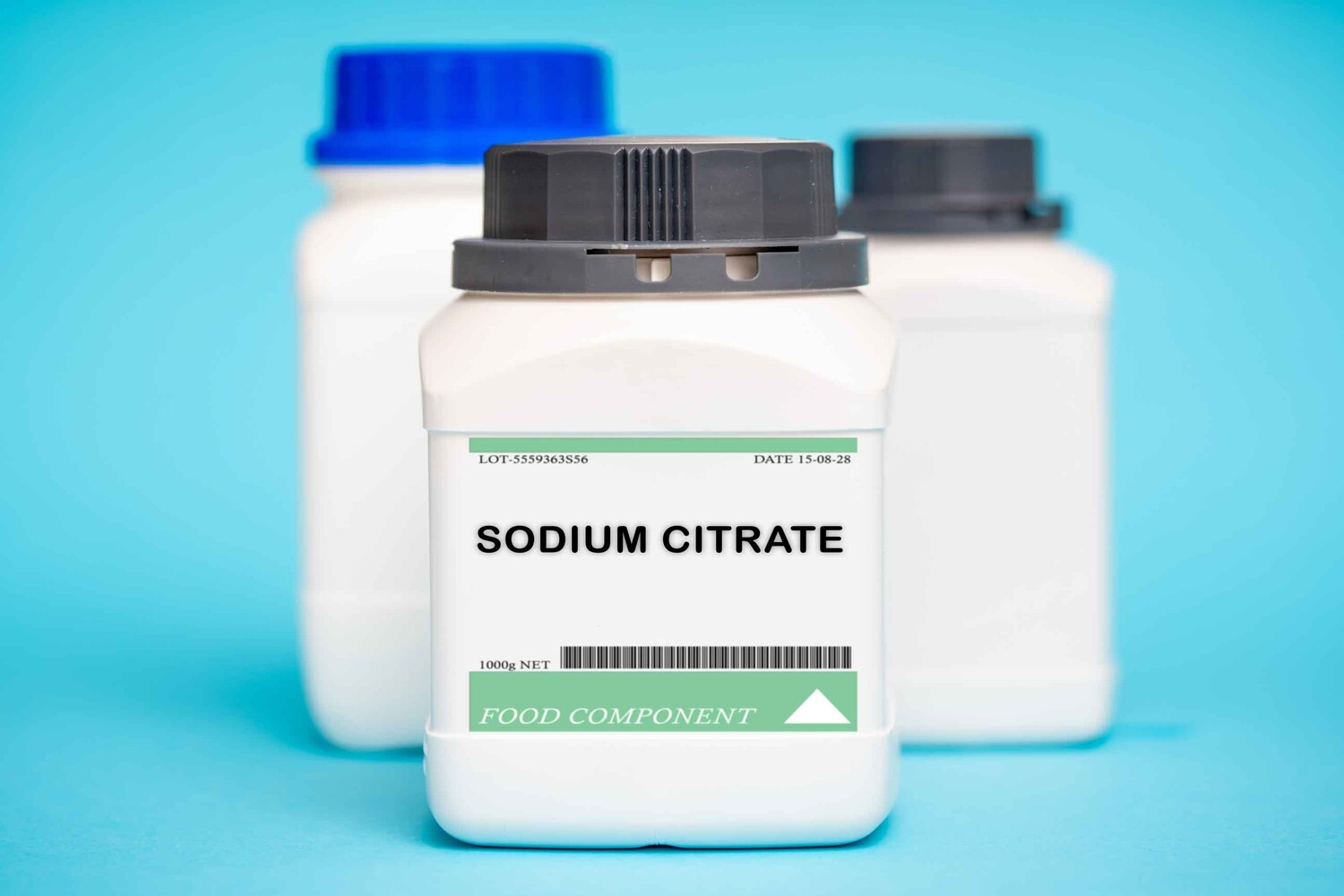 Most pregnant women experience acidity during their pregnancy journey till delivery. Most of the Antacids are obtained through OTC. Doctors often prescribe sodium citrate during pregnancy as it is the most frequent component in the antacids available as OTC and is effective in reducing gastric reflux.
Most pregnant women experience acidity during their pregnancy journey till delivery. Most of the Antacids are obtained through OTC. Doctors often prescribe sodium citrate during pregnancy as it is the most frequent component in the antacids available as OTC and is effective in reducing gastric reflux.
Pregnant women should be cautious of using medicines like sodium citrate even if it is available OTC. Most of the time we can find Sodium citrate in different processed foods available in the market. Few take it as a dietary supplementation to reduce too much acid in the body. In this article let’s know about sodium citrate , its use in pregnancy , its safety , other uses and side effects associated with it.
In This Article
- What is Sodium Citrate?
- Is It Safe To Consume Sodium Citrate During Pregnancy?
- What Are The Uses Of Sodium Citrate?
- Side Effects Of Sodium Citrate
- Alternative Medicines To Sodium Citrate
- FAQ’s
What is Sodium Citrate?
Sodium Citrate is a salt form of Citric acid frequently present in antacids. Citric acid neutralizes the excess of acid production in the body. Another use of Citric acid is it can prevent formation of kidney stones or gout conditions (deposition of uric acid crystals in the joints) by decreasing the uric acid levels in the body. Sodium citrate acts as an alkalizing agent that regulate acidity in different body parts through different mechanisms such as neutralizing the ph.
Is It Safe To Consume Sodium Citrate During Pregnancy?
Sodium Citrate is not not be taken during pregnancy without prescription suggestion. Doctors always weigh the benefits before prescribing these to pregnant women. The sodium content of antacids is sufficient to increase the blood pressure or increase edema. Under those circumstances doctors prescribe antacids without sodium citrate. Women with borderline Preeclampsia or having Pre-eclampsia should not use antacids which can increase the risk further.
What Are The Uses Of Sodium Citrate?
 The Use of Sodium citrate comes from its alkaline nature. It is a highly effective alkalizing agent that can neutralize the effect of excessive acid regulations in the body (1).
The Use of Sodium citrate comes from its alkaline nature. It is a highly effective alkalizing agent that can neutralize the effect of excessive acid regulations in the body (1).
- Sodium citrate is used for neutralizing acidity effectively and quickly
- Used in chronic metabolic acidosis which is an acid-base imbalance in body caused by improper functioning of kidneys.
- Used in cases of excessive uric acid production and reducing the formation of kidney stones.
- To maintain the alkaline urine PH and reduce acidic urine
- Sodium citrate is the antacid of choice during labor and combined with other gastric medications is given during c-section or other procedures involving anesthesia (2).
Side Effects Of Sodium Citrate
Sodium citrate may have both major and minor side effects. Major side effects are rare but may need immediate medical attention when they occur. Some of the adverse effects of Sodium citrate include (3).
- Rash, hives, itching
- Bolstered, red or skin peeling with or without fever
- Wheezing, difficulty in speaking
- Shortness of breath or tightness in the chest or throat
- Swelling of facial parts
- Pounding heartbeat, fluttering in your chest, uneven heartbeats
- Increase in blood pressure
- Blurred or tunnel vision, eye pain etc
Some of the minor side effects include diarrhea, vomiting, involuntary muscle contractions , fluid retention and
excessive alkalinity in the body fluids. There may be other side effects that may occur while using this drug. Call the doctor if the above side effects persist for a longer time.
Alternative Medicines To Sodium Citrate
 There are certain other better alternatives to sodium citrate when one cannot take sodium citrate –
There are certain other better alternatives to sodium citrate when one cannot take sodium citrate –
- Antacids containing calcium salts like calcium carbonate.
- Antacids with simethicone and alginates.
- Antacids containing magnesium and aluminum are frequently prescribed as it is well tolerated and has fewer side effects compared to other antacids.
Sodium citrate is a potent antacid and can reduce gastric acid secretions fast and effectively. It can also increase the Ph of the urine reducing the burning sensation while passing the urine. Unless prescribed by the doctors, one must not take sodium citrate during pregnancy. Pregnant women who are having hypertension issues, preeclampsia, previous kidney and heart problems should refrain from using sodium citrate. There are other better alternatives such as magnesium and aluminum containing antacid preparations which are considered way more safe options to sodium citrate.
FAQ’s
1. Why Is Sodium Citrate Used In Labor And Delivery?
Sodium citrate is given as prophylaxis during c-section deliveries to prevent entering of acid into lungs (Acid aspiration syndrome) due to anesthesia medication. Acid aspiration syndrome leads to maternal pneumonia which can be life threatening.
2. Who Shouldn’t Take Sodium Citrate?
Sodium Citrate is not recomended for those who are allergic to sodium citrate or citric acid, have kidney problems, any heart related issues, or uncontrolled hypertension.
3. What Foods Are High In Sodium Citrate?
In different processed foods, Manufacturers often uses sodium citrate as a thickening agent, emulsifier and stabilizer. It is usually found in processed cheese, ice creams, jams, gelatin mix, salad dressings, canned fruits and vegetables etc.
References
- SODIUM CITRATE AND CITRIC ACID
https://dailymed.nlm.nih.gov/dailymed/fda/fdaDrugXsl.cfm?setid=b3d5225c-0ee4-481e-b9ec-bc5e1321096d&type=display - Prescribing for labour
https://pubmed.ncbi.nlm.nih.gov/2873914/#:~:text=Sodium%20citrate%20is%20the%20antacid,or%20other%20procedure%20involving%20anaesthesia. - Sodium Picosulfate, Magnesium Oxide, and Anhydrous Citric Acid
https://medlineplus.gov/druginfo/meds/a613020.html
